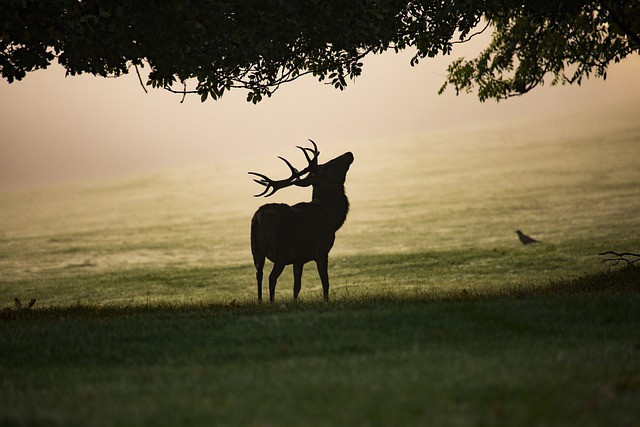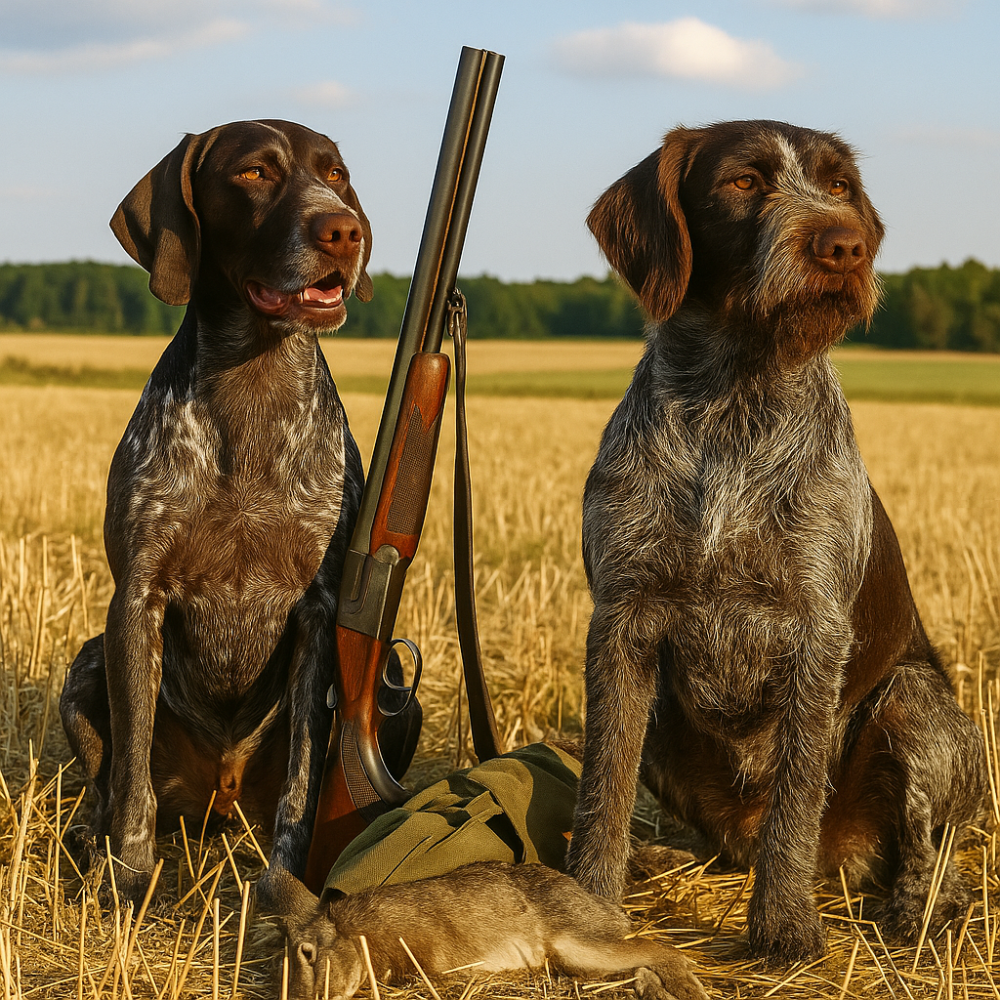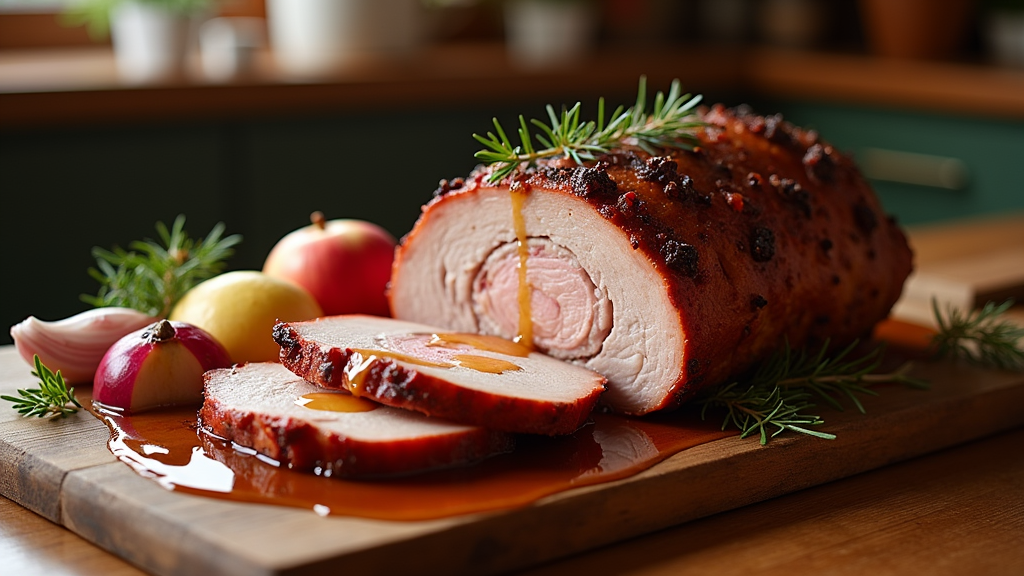
Are you passionate about hunting in Germany?
If so, this article is for you! Hunting wild boar has been a part of Germany’s history for centuries.
Want to explore the rich heritage of hunting?
Here’s how to join in on the age-old tradition!
Introduction
Hunting has a long history in Germany. It goes back centuries, and has been deeply rooted in culture.
To the German people, it was more than a sport or way to survive; it was a connection to nature and part of life.
In ancient times, hunting was mainly done for food and resources.
Later, it became associated with nobility and aristocracy, who saw it as a symbol of power and wealth.
Many palaces and castles were built with huge hunting grounds.
In the Middle Ages, hunting was part of folklore and mythology. Famous hunters like Wilhelm Tell were celebrated.
Nowadays, hunting is regulated by laws and regulations. People need licenses and must follow codes of conduct.
Seasons are planned to avoid overhunting or endangering species.
Germany also has training programs for aspiring hunters.
These emphasize marksmanship and ecological awareness, as well as responsible game management.
The goal is to preserve nature, while allowing future generations to appreciate hunting.
For those wanting to experience hunting, there are wildlife reserves with guided hunts.
These are led by professionals who prioritize safety and conservation.
Joining a hunting club or association allows individuals to meet others with similar interests, exchange knowledge and join organized hunts. Clubs may host social events to showcase trophies or share stories.
Hunting is an important part of German history and culture.
It’s carefully balanced with conservation, so the legacy lives on.
Early Traditions: Germany’s Ancient Hunting Roots
Germany’s hunting history dates back to ancient times.
It was a revered activity that had great significance. It showed skills and bravery, and established social status.
Hunting involved complex rituals and ceremonies, linking humans and nature.
Dogs were bred for agility, strength, and tracking abilities, to aid hunters.
One famous figure in the history of hunting is Frederick William I, the “Soldier King” of Prussia.
He established hunting regulations and promoted conservation.
Even today, hunting is still deeply rooted in German culture.
It has evolved, yet it has immense value for all.
Hunting Castles and the German Aristocracy
German hunting castles (Jagdschlösser) are specialized manor houses or chateaus built primarily for hunting purposes by German nobility.
They were places of recreation and often located in or near forests.
Here are several examples of famous German hunting castles:

- Falkenlust Palace in Brühl: A small Baroque hunting lodge built in the 18th century. Along with Augustusburg Palace, it forms a UNESCO World Heritage site.
- Moritzburg Castle: Located near Dresden in Saxony, this baroque palace stands on a symmetrical artificial island. It was used by the Electors of Saxony as a hunting lodge.
- Jagdschloss Grunewald: Located in Berlin, this is the oldest preserved castle in Berlin. It was built in the 16th century for Elector Joachim II Hector of Brandenburg as a hunting lodge.
- Jagdschloss Kranichstein: Located in Darmstadt, this hunting lodge was built in the 16th century and is surrounded by a vast forested area.
- Jagdschloss Glienicke: Located near Berlin, this hunting lodge was transformed in the 19th century by Prince Carl of Prussia into a summer residence.
- Jagdschloss Herdringen: Found in Arnsberg, this castle underwent multiple architectural changes over the centuries and was used for hunting purposes by its noble owners.
- Clemenswerth Palace in Sögel: A unique ensemble of buildings, it was built as a hunting lodge for Clemens August of Bavaria in the 18th century.
These are just a few examples, and many more hunting lodges and castles dot the German landscape, each with its own rich history and architectural beauty.
Wildlife Conservation and the German Model
The German Model of Wildlife Conservation has a long history. It focuses on sustainable practices and biodiversity.
Germany works hard to keep its flora and fauna healthy, with strict laws and good monitoring.
Habitat conservation is key. Germany sets aside places for certain species and this has helped endangered animals like the Eurasian lynx and Alpine ibex.
Hunting is also part of the model. It’s not just a hobby. It helps maintain animal populations. Hunters work with conservation agencies to do this in a sustainable way.
Like a hunter and their GPS, tradition and change must go together.
Modern Hunting: Balancing Tradition and Change
Modern Hunting in Germany balances tradition and change. Respect for nature is central.
Technology is embraced, while sustainable management of wildlife and knowledge transfer is highly valued.
Hunters also participate in research and conservation initiatives. Safety standards have improved.
Different federal states have specific regulations concerning hunting seasons and licenses.
In the Middle Ages, hunting was a display of power and prowess by emperors and kings, attended by falconers and hounds.
Conclusion
Soaking in Germany’s hunting history, one discovers an array of intriguing tales and practices.
The grandeur of royal hunts, the skillful stalking of game, and the country’s majestic castles and forests make it a haven for hunters.
The country’s aristocracy played a key role in developing hunting, and their regal pursuits showed their knowledge as both hunters and rulers.
Special traditions included the Jagdschloss, a hunting lodge for preparing for hunts, decorated with trophies.
The mystique of German hunts has endured through generations.
The White Stag is an evasive symbol of luck and fortune among hunters, and a part of folklore.
All of this reveals a mesmerizing mix of history, culture, and tradition.
It’s a testament to the enduring bond between humans and nature.
FAQ
How long has hunting been a tradition in Germany?
Hunting has been a tradition in Germany for centuries, with records dating back to the ancient times. It has deep roots in the country’s history and culture.
What animals are typically hunted in Germany?
In Germany, animals commonly hunted include deer, wild boar, foxes, hares, and ducks. However, the specific game animals may vary across different regions of the country.
Are there any restrictions or regulations on hunting in Germany?
Yes, hunting in Germany is regulated by laws and regulations. Hunters must hold a valid hunting license, adhere to hunting seasons and bag limits, and follow ethical and sustainable hunting practices. There are also designated hunting grounds and protected areas where hunting is prohibited.
Is hunting in Germany solely for sport or is it also done for conservation purposes?
Hunting in Germany serves both sport and conservation purposes. While hunting provides recreational opportunities, it is also an important tool in wildlife management, population control, and maintaining the ecological balance. It contributes to the conservation of habitats and species diversity.
What are some of the traditional hunting practices or rituals in Germany?
Germany has a rich heritage of hunting traditions and rituals. One such tradition is the ‘Jagdabenteuer’ (hunting adventure) which involves a ceremonial procession, hunting horn signals, and gathering together for meals and festivities after a successful hunt. Additionally, traditional clothing and equipment, such as lederhosen, hunting knives, and hunting rifles, are sometimes featured in these rituals.
Are there any famous hunting areas or landmarks in Germany?
Yes, Germany has several renowned hunting areas and landmarks. For example, the Eifel National Park, the Black Forest, and the Hunsrück-Hochwald National Park are popular destinations for hunting enthusiasts. The historic Jagdschloss Granitz on Rügen Island and the Wernigerode Castle in the Harz Mountains are also notable hunting landmarks with rich histories.




Leave a Reply